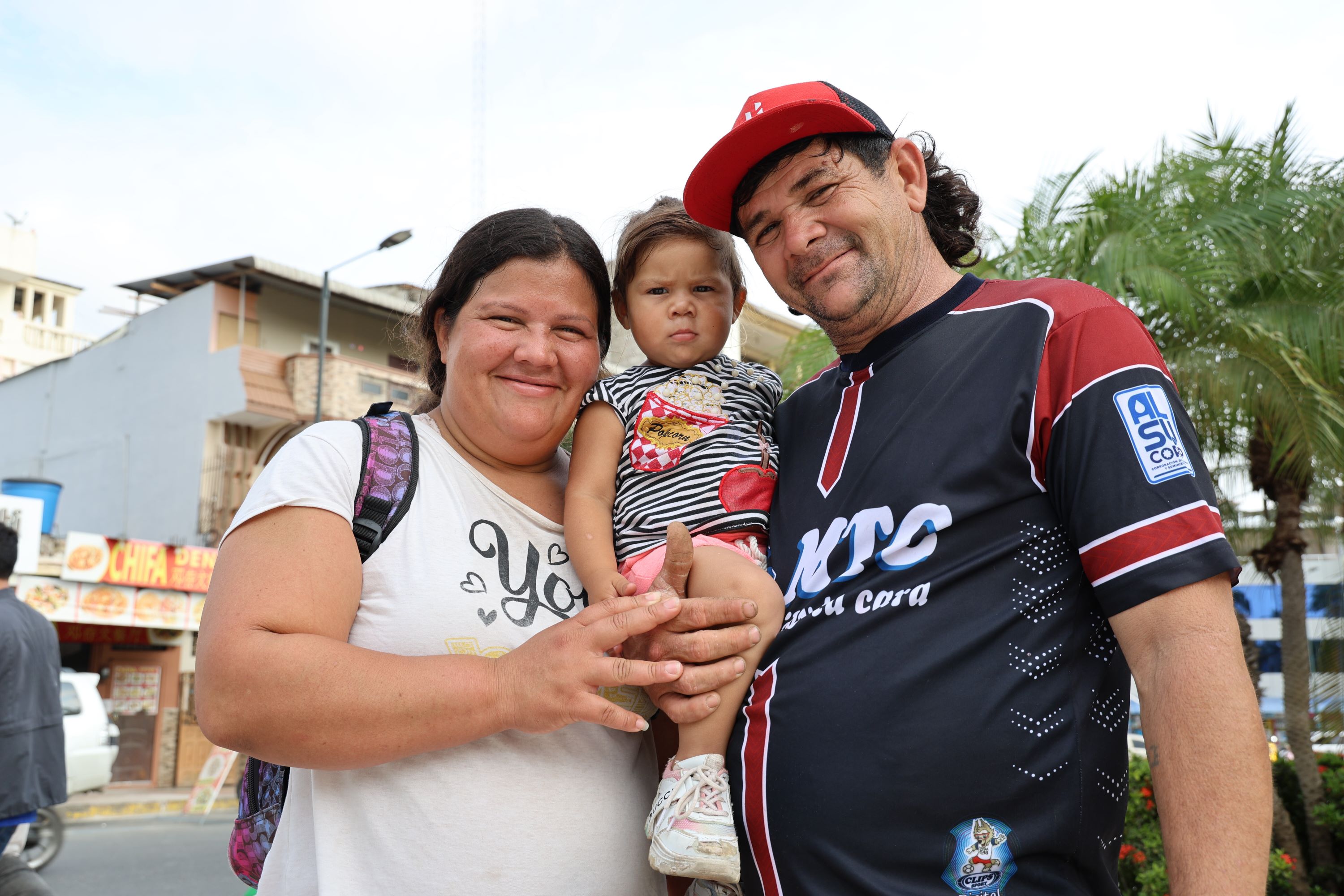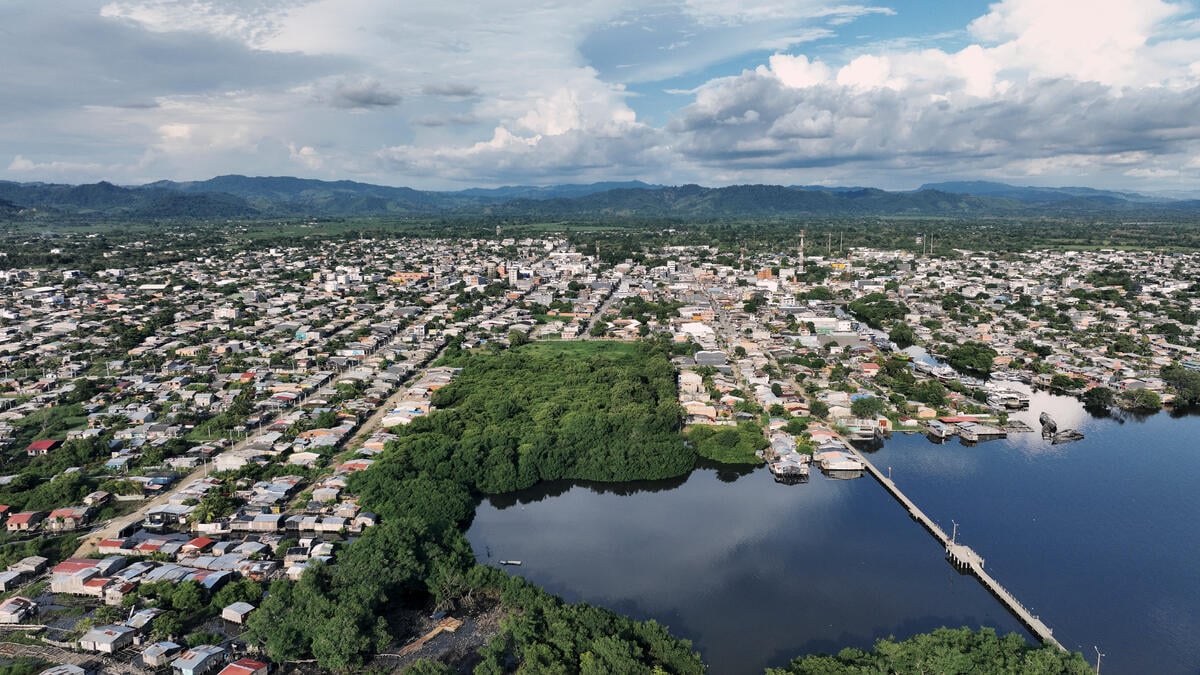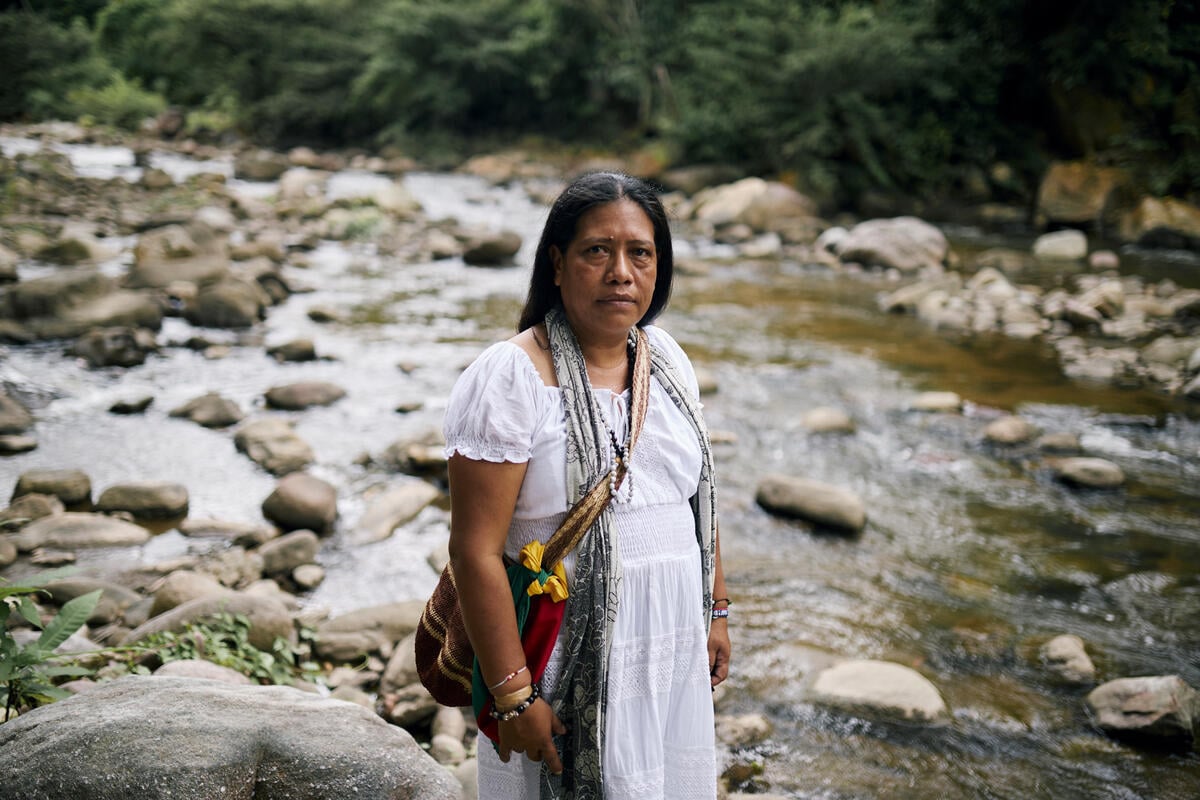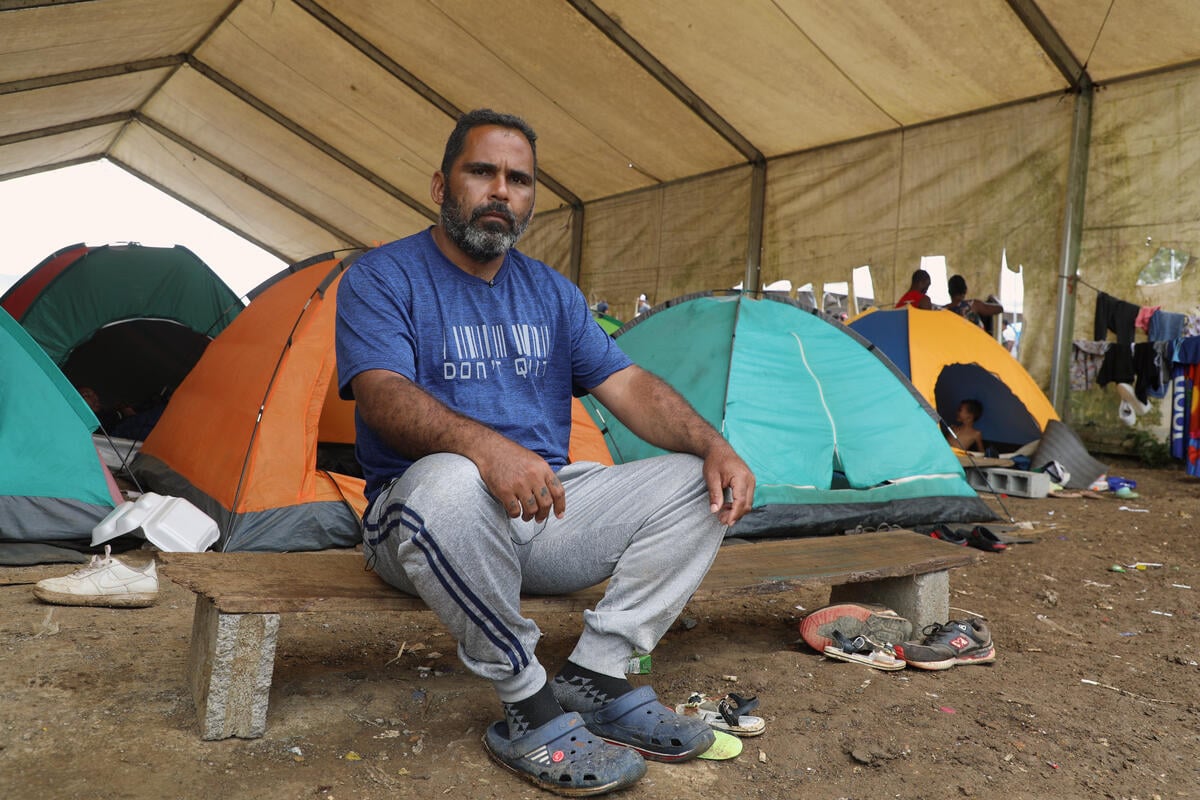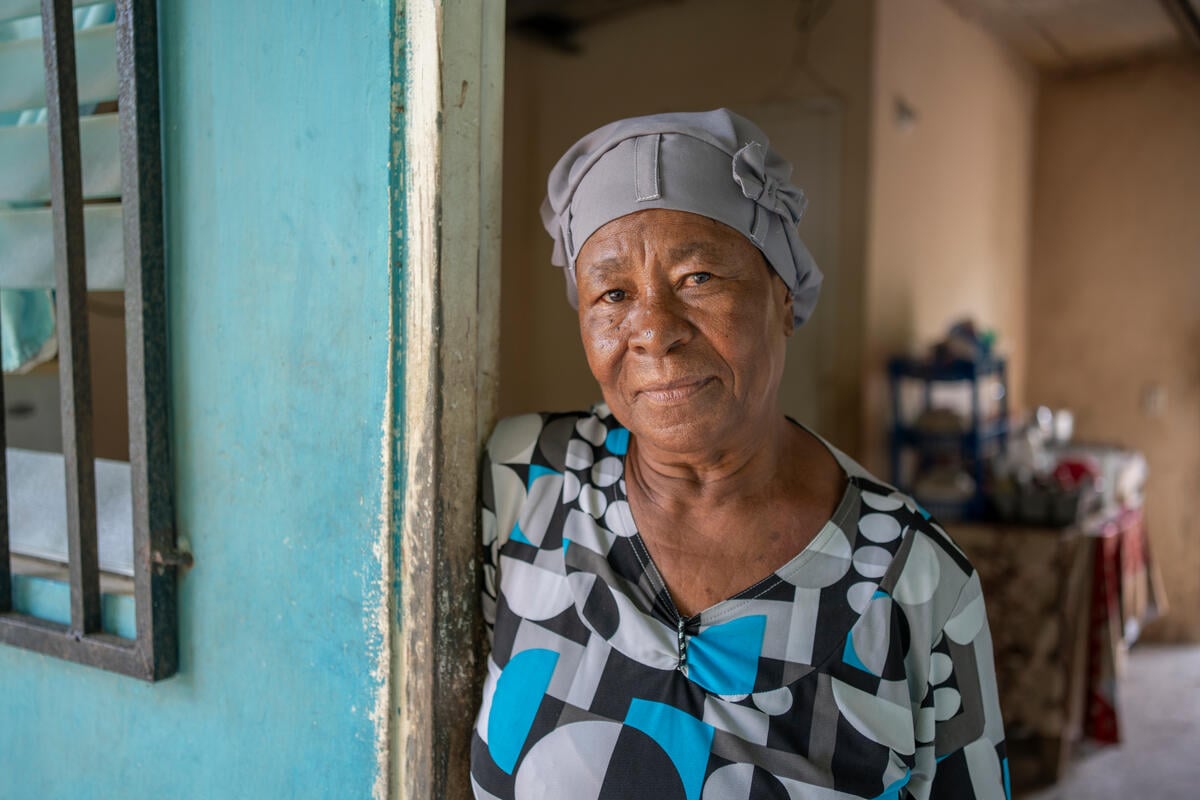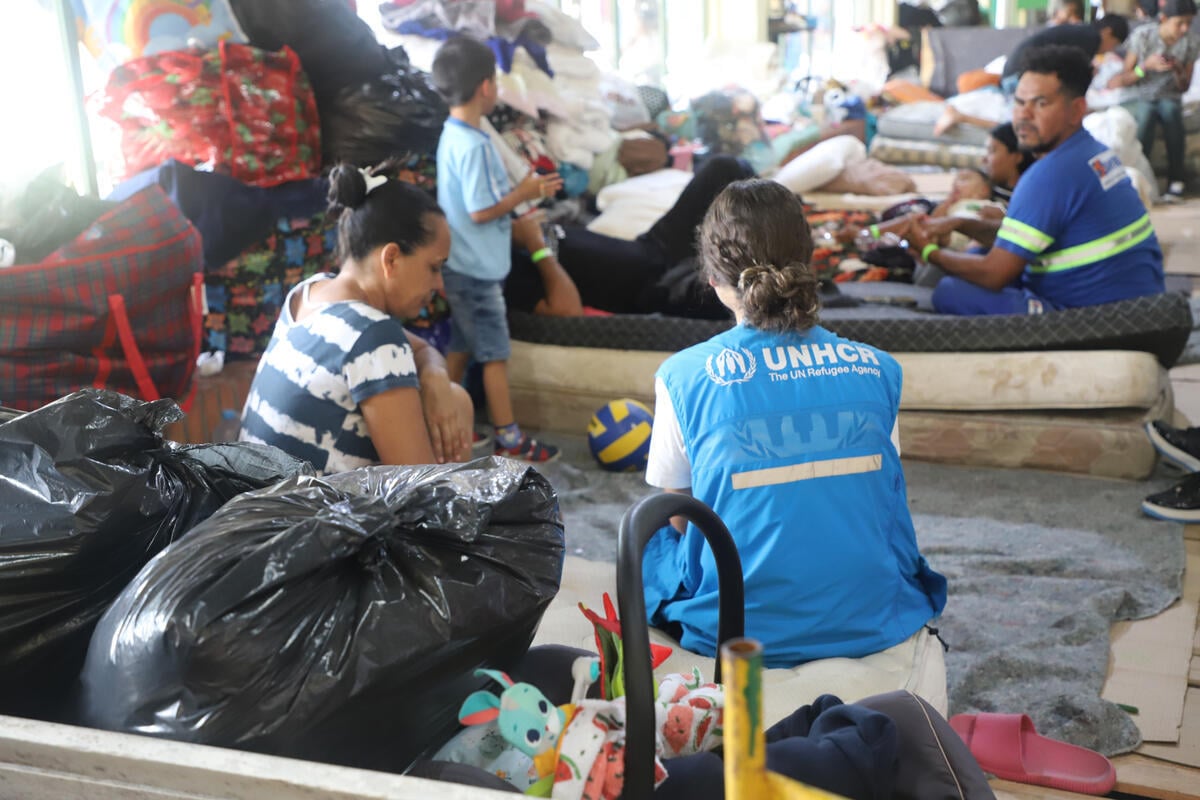Venezuela: new Colombian arrivals; UNHCR welcomes temporary protection status for Wayúu
Venezuela: new Colombian arrivals; UNHCR welcomes temporary protection status for Wayúu
A UNHCR team together with the Jesuit Refugee Service is currently in Venezuela's border state of Apure evaluating the humanitarian and protection needs of some 200 Colombians who fled to Venezuela earlier this week. The group reportedly fled from Puerto Lleras, in Colombia's Arauca department, across the border into the Alto Apure region following fighting between illegal armed groups in Colombia. They are sheltering in an old palm-oil processing plant. Some of the group wish to seek refugee status in Venezuela while others would like to return to Colombia once the security situation improves. UNHCR is contacting the military, government and immigration authorities to inform them of the influx and to coordinate a response. The numbers of Colombian asylum seekers in Apure have been rising steadily this year, up from 299 in January to 1,117 at the end of May. Around 40 percent of all the Colombian asylum seekers in Venezuela are staying in Apure state, one of three Venezuelan states bordering Colombia.
In a separate development, last Friday, the Venezuelan National Refugee Commission granted temporary protection status to 292 indigenous Wayúu who fled to Venezuela in May following armed conflict in their community of Bahia Portete, La Guajira, in Colombia. This is the first time that the Venezuelan government has granted this type of protection status and UNHCR views this favourably. The temporary protection is valid for 90 days and renewable according to the security and protection needs of the group. This status means they can remain in Venezuela and get government assistance through the National Civil Protection Office. When the indigenous people arrived in Venezuela in May, UNHCR coordinated the delivery of humanitarian assistance with the authorities and NGOs.
This year, an increasing number of indigenous people have been affected by the Colombian conflict. In addition to the hundreds of Wayúu forced to flee into Venezuela, other indigenous groups in the border zone such as the Yukpa and Barí have found themselves hosting Colombian farmers who also fled fighting.
This May, UNHCR initiated an awareness campaign targeting local indigenous groups residing in the border areas of Zulia state. Radio programmes in the native languages of the Wayúu, Yukpa and Barí populations residing along the border provide information on the rights and obligations of refugees in Venezuela and the asylum application process.

